“No” is a Complete Sentence
One of the things most don’t realise is how powerful the word “no” is.
But before we discuss the glorious power of “no”, let’s talk about why, and how in our inability to say “no”, we say “yes” instead.
We say “yes” to things because we worry that it might disappoint someone, that it might hurt someone, or that it may escalate a situation of conflict that we ardently wish to avoid. But if we say “yes” to everything, what exactly are our boundaries? If we say “yes” to everything, we essentially continue to concede power to things that are unfair and unjust. “Yes”, eventually, starts to lose its meaning and purpose.
Our culture places a lot of value on being agreeable. You’re expected to say “yes” to a heaping pile of work, you’re expected to say “yes” when told to do something that can impede on your time, energy or beliefs, you’re expected to say “yes” to sex with someone you’ve only fleetingly expressed interest in, you’re expected to say “yes” to always being busy and agreeable and open to every single thing. The worst part is that you do feel guilty for not being constantly busy or agreeable. We persistently feel like we’re not doing enough, or that without own personal involvement in any particular activity, you’re going to be the first domino that destroys everything else.
And even when we do finally drum up the courage to say “no”, or “I can’t”, we feel a nagging need to offer up an elaborate explanation to justify this supposedly unfavourable response.
Here’s where why we say “no” is powerful.
It’s because “no” is a complete sentence.
Learning how to assert your boundaries by saying “no” is crucial, but it is powerful when you no longer feel compelled to explain why. It might take someone aback, or even feel rude, and the moment when you don’t explain your position can feel like-charged — deeply uncomfortable and palpable. But learning to say “no” and simply letting it hang there as is, is pretty powerful.
It is absolutely expected that the person receiving your “no” will demand an answer, and as much as I encourage people saying “no is a complete sentence” as a response, we can allow ourselves moments of honesty or even, I daresay, vulnerability, such as: “I am simply tired and mentally or physically unable to take on another activity to commit to.”
One of the important things that need to be understood when saying “no” is that your consent is not only important for yourself but for others as well. Because learning to say “no” isn’t just about declining invitations, it’s about setting boundaries.
Setting up boundaries means that you not only understand your own wants or needs, but you recognise that others have boundaries as well. While we assert our boundaries, it is also important to know how to ask for consent as well, and learn how to respect when they, too, say “no”.
When we practise how to say “no”, it allows us to say “yes” to things that really matter. We are able to assess what our wants and needs are, and we’re able to consent or withdraw consent accordingly. Exercising our autonomy, whether it be about work, activities or sex, is important. That way, we’re able to say “no” or negotiate on things that don’t really interest or satisfy us, and say “yes” to things that actually do.
So Yes, No is a complete sentence.

